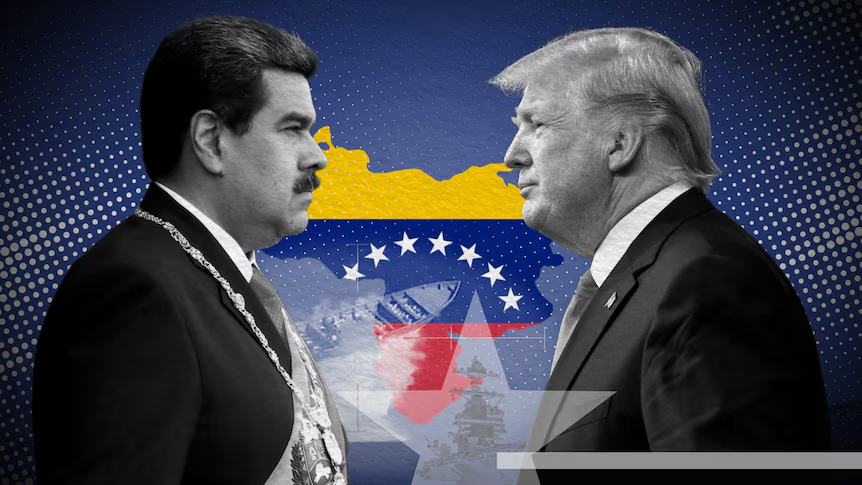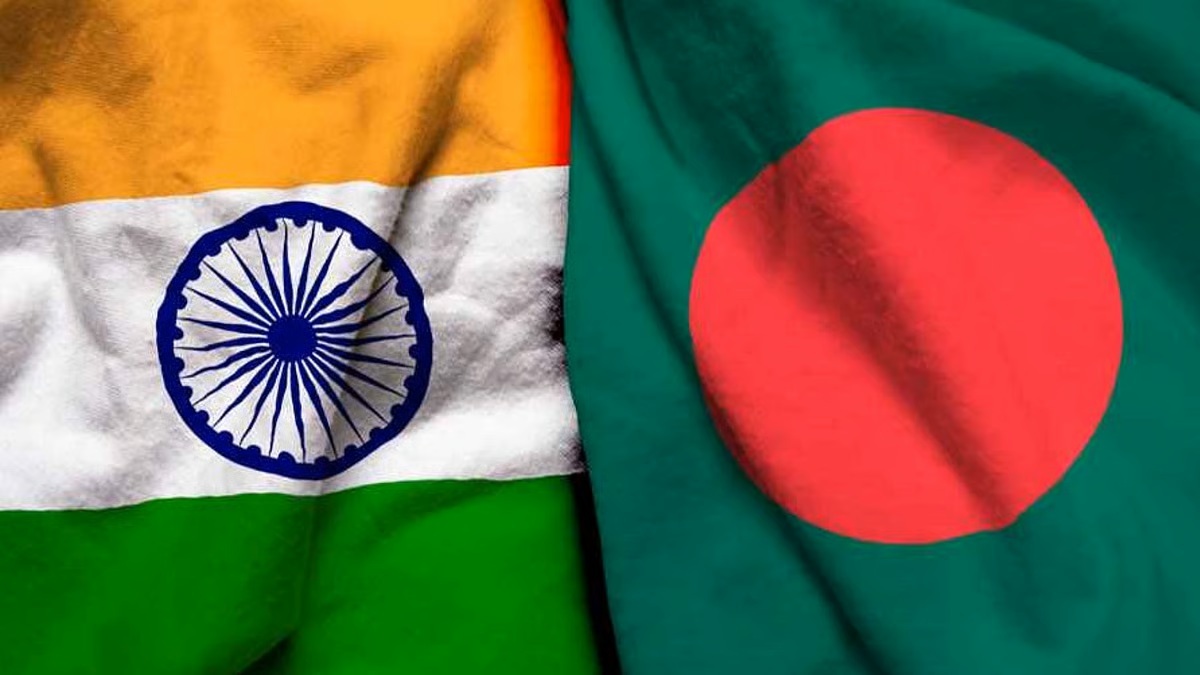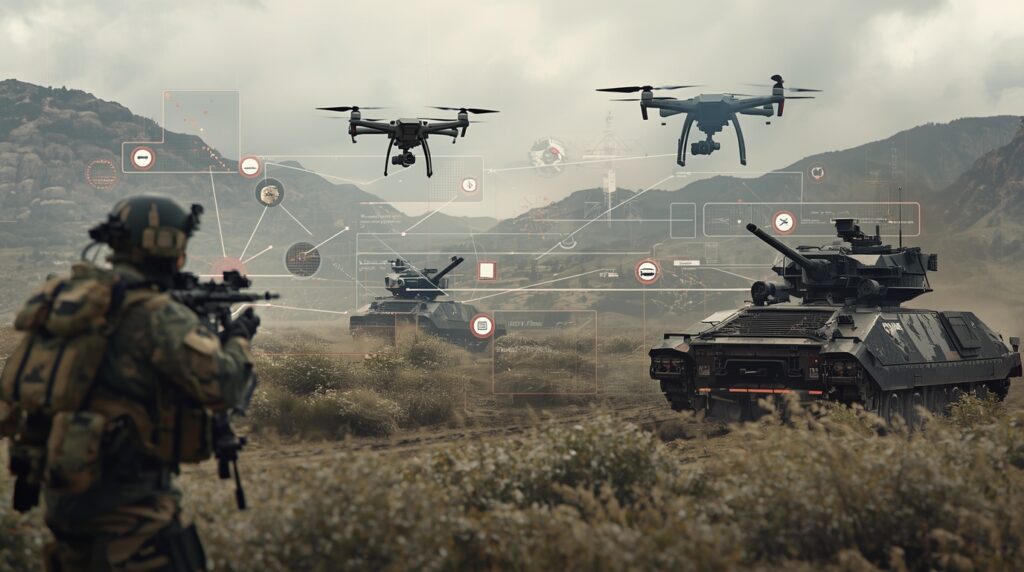The BRICS Rio Declaration 2025 marked a pivotal moment for emerging economies, which represent over 40% of the world’s population, as they demanded greater representation in key institutions such as the UN Security Council and the IMF. India finds itself in the leadership position for this transformation, serving as a strong advocate for the Global South diplomacy.
Prime Minister Narendra Modi undertook a five-nation tour starting with Africa and ending in Africa, with a significant focus on Africa throughout and the Global South as the overarching context. Speaking at the last leg of his tour at the Namibian Parliament, Prime Minister Modi reiterated his 10 guiding principles of India’s Africa policy, which he had first laid out in 2018 while addressing the Ugandan Parliament. These essentially emphasise the primacy of Africa, respecting Afritude and Africa’s own choices and interests for their benefit, rather than prescribing outdated models—many of which come from nations that previously colonised or now attempt neo-colonisation through modern, often devious strategies and debt traps.
Africans have not only awakened but are also working to strengthen their continent through initiatives like Vision 2063, regional and sub-regional integration, and the AfCFTA (African Continental Free Trade Agreement), even as deep governance and development challenges persist. Together, they can stand tall with a unique negotiating advantage. This is precisely what PM Modi underscored in his address, as India committed to the peace, prosperity, and sustainable development of Namibia through specific initiatives ranging from the health sector to renewable energy, entrepreneurship and capacity building, defence and security, sports, and the highly acclaimed Cheetah diplomacy.
He began his first visit in Ghana, with which India shares deep historical ties. Both were partners during the Non-Aligned Movement and leading voices for African emancipation from colonial bondage. Speaking at Ghana’s Parliament, PM Modi described it as a land that radiates the spirit of democracy, dignity, and resilience. He appreciated Ghana’s commitment to democratic ideals and inclusive progress, calling it truly a beacon of inspiration for the African continent. “Our friendship is sweeter than your famous ‘Sugarloaf’ pineapple,” he remarked
The president has also agreed to elevate ties to a comprehensive partnership. Speaking of India’s priorities for Africa amidst unsettling global challenges, he assured that India remains a committed partner in Africa’s development journey. “We support Africa’s Development Framework, Agenda 2063, to secure a bright and sustainable future for its people. Africa’s goals are our priorities. Our approach is to grow together as equals. Our development partnership with Africa is demand-driven, focused on building local capacities and creating local opportunities. Our objective is not just to invest, but to empower—to help develop self-sustaining ecosystems.”
He also recalled key Indian initiatives such as the International Solar Alliance (ISA), Global Biofuels Alliance, Coalition for Disaster Resilient Infrastructure (CDRI), Big Cat Alliance, Digital Public Infrastructure (DPI), and the ever-present Indian philosophy of ‘One World, One Family, One Future’ (Vasudhaiva Kutumbakam), all of which are being harnessed for Africa and other Global South countries.
Likewise, his visit to Trinidad & Tobago was highly significant, where the centuries-old Indian diaspora has acquired tremendous political influence yet retains strong affection and affiliation with India. Speaking to the Joint Assembly of Parliament, PM Modi congratulated them on their women leadership: “The people of this great nation have chosen two remarkable women leaders—the President and the Prime Minister. They proudly call themselves daughters of the Indian diaspora. They take pride in their Indian heritage. In India, we admire their leadership, grit, and determination. They are living symbols of the relationship between our countries, built on shared roots and shared dreams.”
The relationship has flourished across the P2P spectrum, from politics to poetry, cricket to commerce, calypso to chutney, making them an integral part of the vibrant diversity T&T respects. “Together, you have built a nation that lives its motto, ‘Together we aspire, together we achieve,’” he said. With Trinidad & Tobago deciding to adopt India’s UPI digital platform, cooperation will be expanded to other digital innovations. As India develops AI tools to foster growth and development in the Global South, Trinidad & Tobago will be a priority nation. “We will share our expertise in agriculture, horticulture, and food processing. Machinery from India will support your agro-industry. And, because development is about dignity, we will organise an artificial limb fitment camp for differently-abled citizens here,” PM Modi announced.
He also sought greater momentum in the CARICOM format, stating that with the momentum of the second India-CARICOM Summit, “we are eager to collaborate on initiatives that enhance trade and investment, build infrastructure and mobility, implement community development projects, and, above all, support capacity building, training, and skill development on a large scale.”
His visits to Argentina and Brazil, two of India’s most strategic partners in the Americas and the G20, were equally pointed and productive given their developmental convergences and shared global concerns. Strikingly, the visit to Buenos Aires marked the first bilateral visit by an Indian Prime Minister in 57 years—a situation once common with many of our partners who complained of a high-level visit deficit, which has fortunately been largely bridged over the past decade. However, this cannot be a one-off; continuous engagement is critical.
With President Javier Milei, PM Modi explored cooperation in defence, agriculture, mining, oil and gas, renewable energy, trade, and investment. In modern times, Argentina’s wealth of critical minerals and energy resources, like lithium and shale, offers natural complementarity. Defence and security collaborations have also gained prominence in recent years.
Brazil, a longstanding friend in the Americas, hosted the 17th BRICS Plus Summit, with all members and partner countries (21 in total) present, even as the Chinese and Russian Presidents were represented by their prime minister and finance minister, respectively. It seemed almost like an IBSA Plus. BRICS leaders unequivocally condemned the Pahalgam terror attacks and, with clear resolve, supported India’s initiative for a Comprehensive Convention on International Terrorism (CCIT) as well as the BRICS Counter-Terrorism mechanism, where India has been deeply engaged. This stood in contrast to the recent SCO defence ministers’ meet in China, where the Sino-Pakistani axis thwarted references to the Pahalgam attacks, making the BRICS endorsement in the ‘Rio Declaration’ a vindication of India’s position.
All key concerns of India and the welfare of the Global South, along with modern challenges like wars, climate change, unilateral tariffs, trade imbalances, currency issues, and global governance, were duly addressed and will be further pursued under India’s BRICS Presidency in 2026. This year, India also holds the QUAD Summit, even as President Trump has threatened BRICS countries with additional tariffs, perceiving it as anti-West and anti-US. This complexity demands ambidextrous navigation. More often than not, India and other countries have tried to reassure the West that BRICS is a non-West community, not anti-West, despite superpower confrontations sometimes suggesting otherwise. India continues to follow a pragmatic policy, aiming to be a bridge-builder as a regular G7 attendee and BRICS founder.
PM Modi also had a very successful bilateral visit to Brazil following the BRICS Summit, where a joint statement, “India and Brazil—Two Great Nations with Higher Purposes,” was issued, underscoring the convergences and complementarities of the two nations as they aim for seats at the UNSC horseshoe table and focus on five key pillars of a collaborative matrix across the relationship spectrum.
It is also a matter of satisfaction that, given the importance of India’s relationship and the engagement of its leadership, four of these five countries conferred their highest honours on PM Modi, with Argentina also handing him the key to Buenos Aires. Numerous MoUs and agreements were signed with all these countries, providing the framework for enhanced cooperation.
Throughout his forays, PM Modi underlined India’s international policy of cooperation and avoidance of conflict, asserting that India approaches global engagement “not by power but by partnership; not by domination but dialogue; and not by exclusion but equity”—all to achieve shared progress and development with friends and partners. As far as Africa is concerned, it would indeed be timely and useful to organise the comprehensive 4th India-Africa Summit, which has been waiting to happen for the last decade.
By leveraging its diplomatic agility, India can position itself as a bridge between the Global South and the West for an inclusive and equitable world order.
Article Courtesy: https://www.firstpost.com
Disclaimer: The views and opinions expressed by the author do not necessarily reflect the views of the Government of India and Defence Research and Studies









